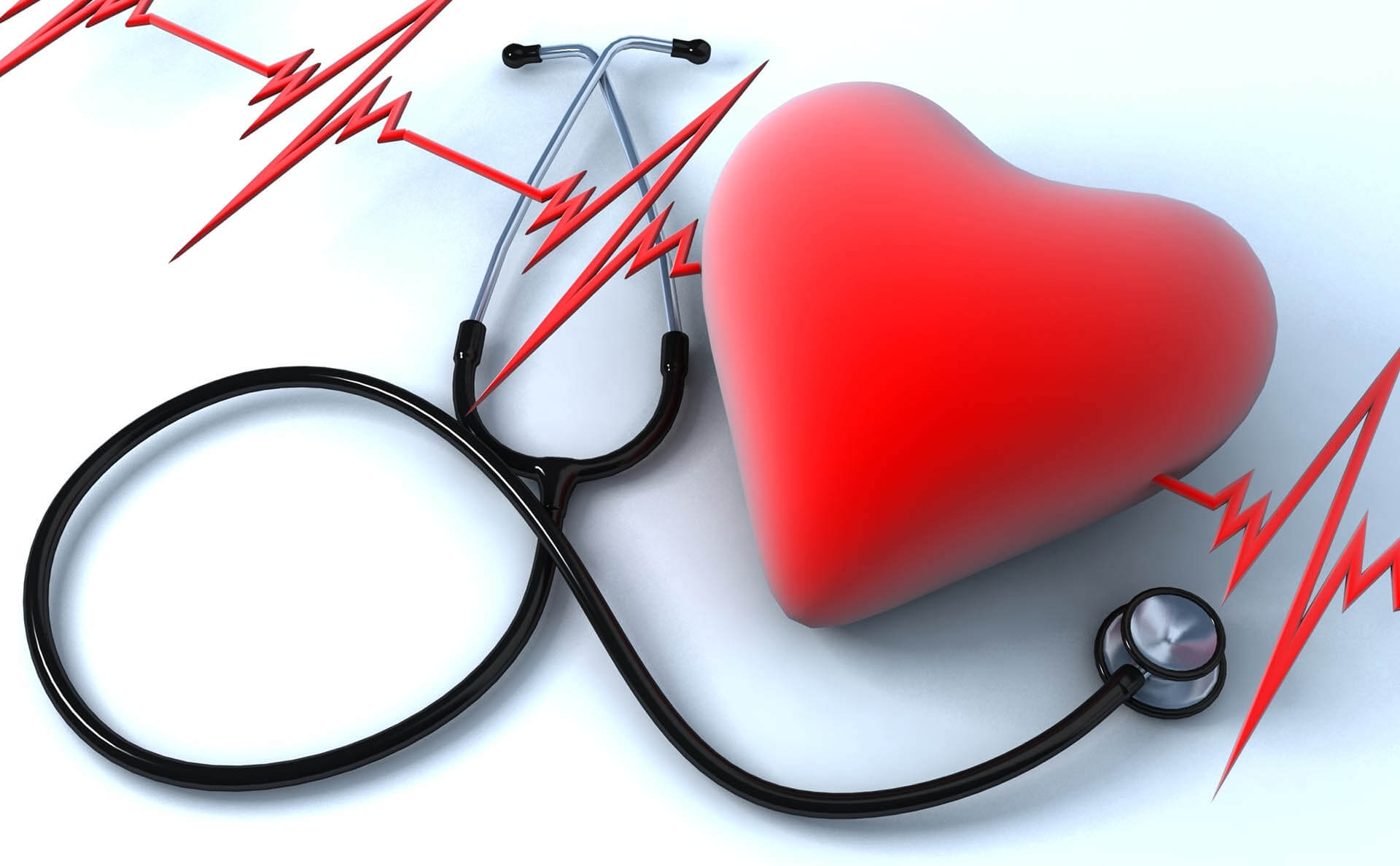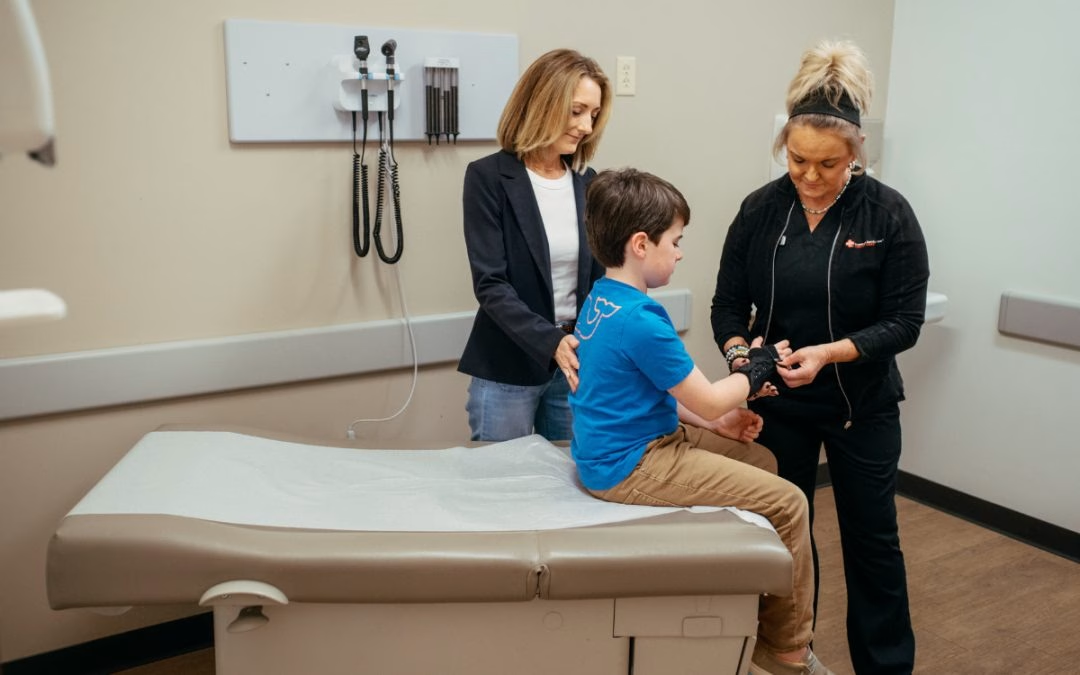
You expect the flu to follow a familiar rhythm: miserable at first, then gradually easing as the days go on. So when day three or four arrives and you suddenly feel worse: your fever climbs again, your chest feels heavier, or exhaustion hits harder than before, it can be unsettling. At that point, it’s natural to wonder whether this is still the flu running its course or a sign that your body needs medical ...


















